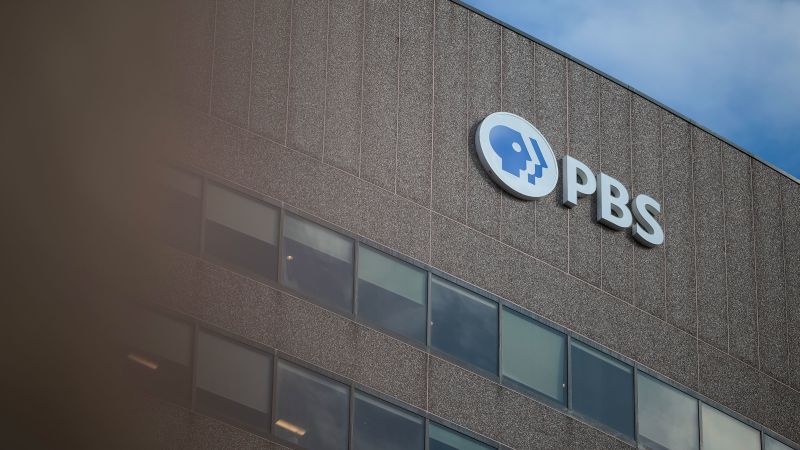
Conservative activists have waited decades to defund PBS and NPR. They’re finally getting their chance
CNN
Richard Nixon tried. Ronald Reagan tried. President Trump tried during his first term in office. All three were stymied by Congress.
Richard Nixon tried. Ronald Reagan tried. President Donald Trump tried during his first term in office. All three Republican presidents wanted to strip taxpayer support for PBS and NPR stations. But all three men were stymied by Congress. This time is different, though. Trump, emboldened in his second term, sent a package of spending cuts to Capitol Hill earlier this month, and on Thursday afternoon the House of Representatives voted to pass the measure, 214-212. Four Republicans sided with Democrats in rejecting the rare bill known as a “rescissions” package. But since it moved forward, the Senate now has five weeks to approve the spending cuts. If the Senate ignores the proposal, the previously allocated spending will remain intact. Thursday’s passage is the closest NPR and PBS have ever come to a complete loss of federal funding. For public media officials, the bill is a worst-case scenario. But for conservative activists, it is a welcome change and the culmination of a very long campaign. “We are thrilled to finally get to this point,” NewsBusters executive editor Tim Graham told CNN ahead of the House vote. “I’ve been documenting their taxpayer-funded tilt at MRC for 36 years.”

An initial reading of third-quarter gross domestic product showed the US economy expanded at an inflation-adjusted annualized rate of 4.3%, a far faster pace than the 3.8% recorded in the second quarter, according to Commerce Department data released Tuesday. That’s the fastest growth rate in two years.

Paramount has upped the ante in its hostile takeover bid for Warner Bros. Discovery, announcing Monday that Larry Ellison will personally guarantee the tens of billions of dollars he is putting up to bankroll the transaction. The Ellisons will also let shareholders peer into the finances of their family trust.











